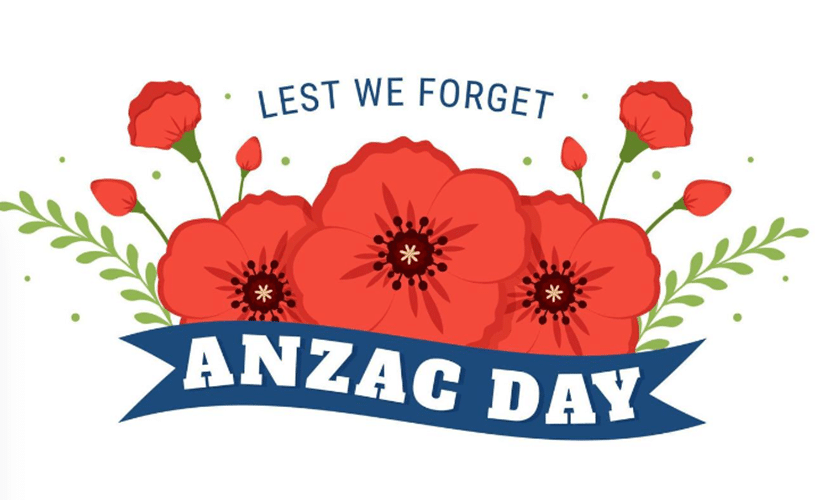ANZAC Day is a significant National Day of Remembrance observed in Australia and New Zealand on 25 April each year. It commemorates the sacrifices and contributions of the Australian and New Zealand Army Corps (ANZAC) during World War I, particularly the Gallipoli Campaign in 1915. ANZAC Day has a rich history and is considered a symbol of national pride, remembrance, and commemoration.
History of ANZAC Day
ANZAC Day originated from the events of the Gallipoli Campaign, which took place during World War I. The ANZACs were part of a larger Allied force that was sent to capture the Gallipoli Peninsula in present-day Turkey from the Ottoman Empire. The campaign, which lasted from April 25 to December 20, 1915, resulted in heavy casualties on both sides, including over 8,700 ANZAC soldiers who lost their lives and thousands more who were wounded.
After the war, April 25th was designated as ANZAC Day to honor the soldiers who served and sacrificed during the Gallipoli Campaign. The first ANZAC Day commemorations were held in 1916, and the day has been observed annually ever since.
Significance of ANZAC Day
ANZAC Day holds significant historical, cultural, and national significance in Australia and New Zealand. It is a day to remember and pay tribute to the ANZAC soldiers who served and sacrificed during World War I, as well as in subsequent conflicts and peacekeeping missions. ANZAC Day is often marked by solemn ceremonies, commemorative services, parades, and other events.
ANZAC Day is considered a symbol of national pride and remembrance. It represents the qualities of courage, mateship, sacrifice, and loyalty that are highly valued in Australian and New Zealand societies. It is also a time for reflection on the impact of war, the loss of lives, and the ongoing effects on veterans and their families.
ANZAC Day has become an important part of the national identity of Australia and New Zealand, and it is widely observed by people of all ages, including veterans, current military personnel, families, and civilians. It serves as a reminder of the sacrifices made by ANZAC soldiers in the service of their countries and fosters a sense of unity, respect, and gratitude among the people of Australia and New Zealand.
In addition to the traditional commemorations, ANZAC Day has also become a time for Australians and New Zealanders to participate in various activities, such as playing two-up (a traditional gambling game), wearing ANZAC Day badges, baking ANZAC biscuits (a type of cookie), and attending social gatherings. These activities serve to remember and honor the ANZACs while also promoting a sense of community and togetherness on this solemn day of remembrance.

